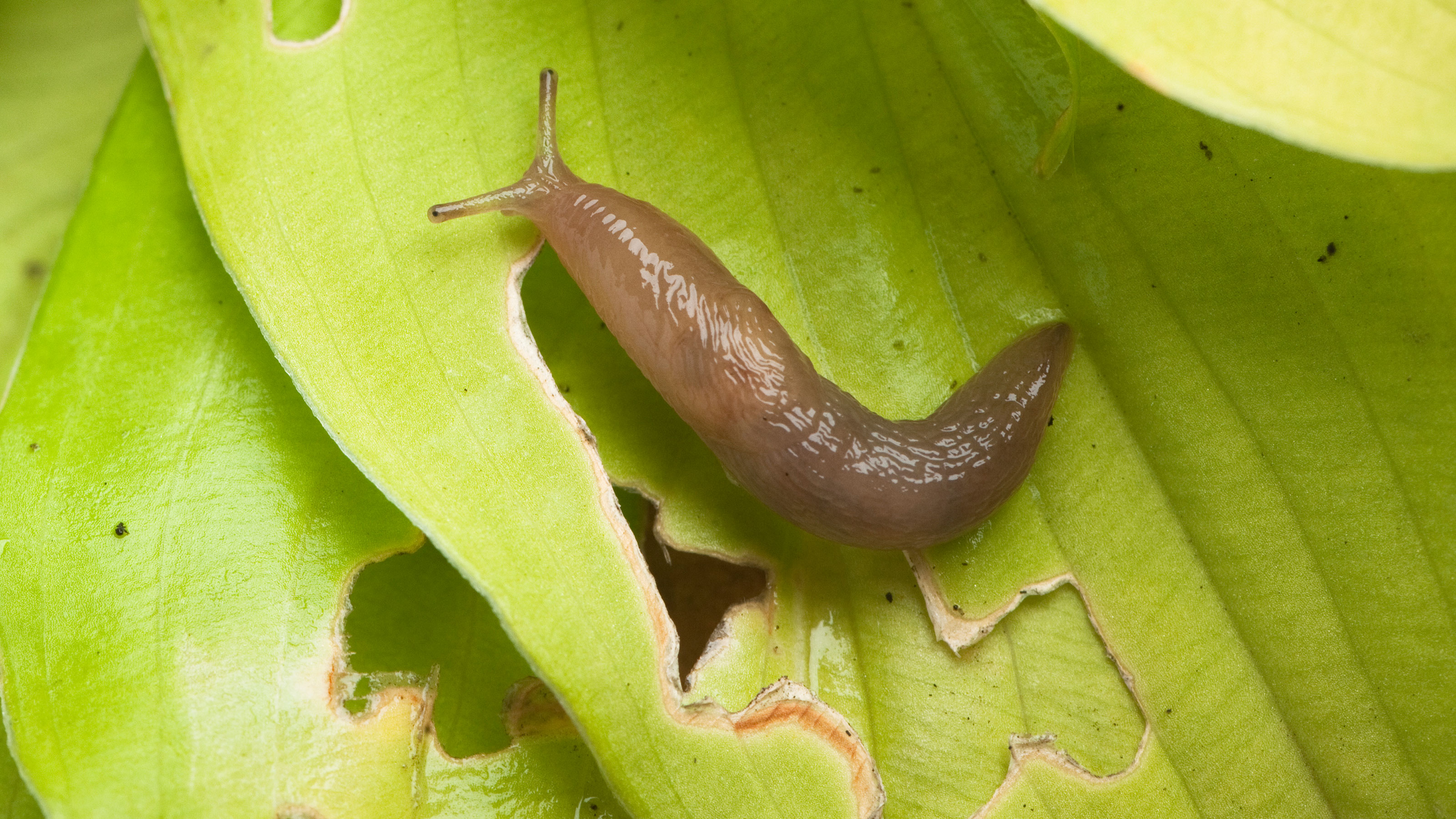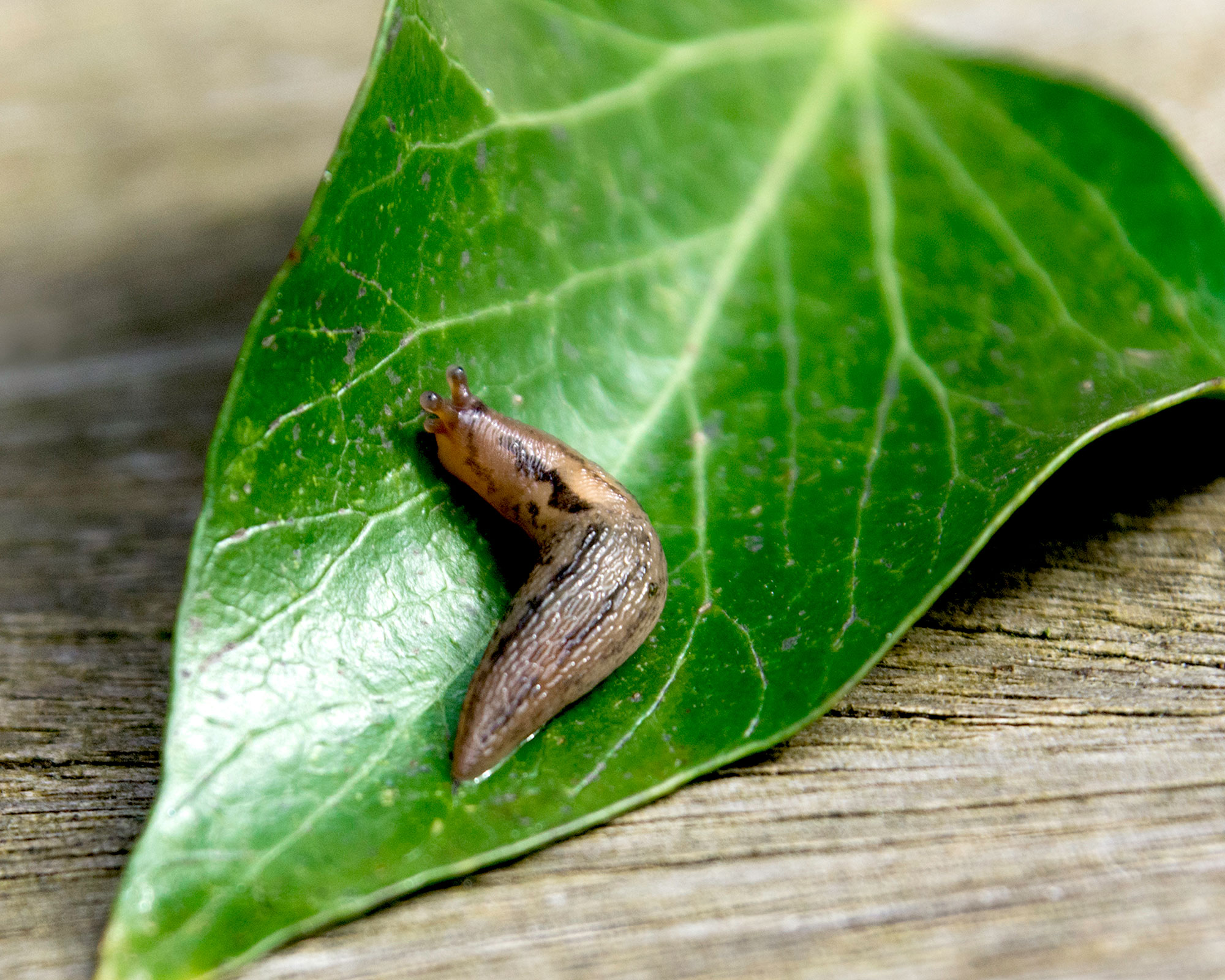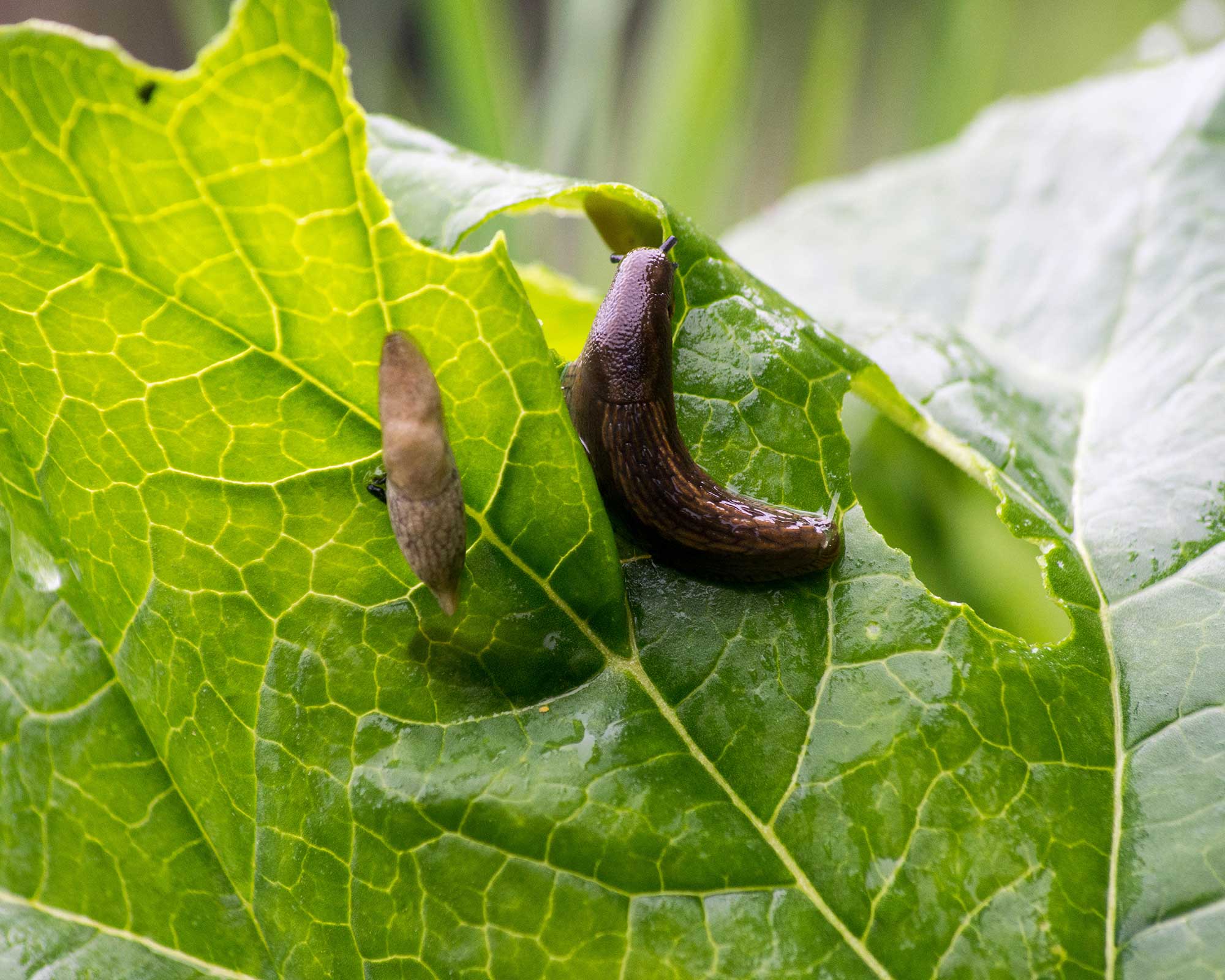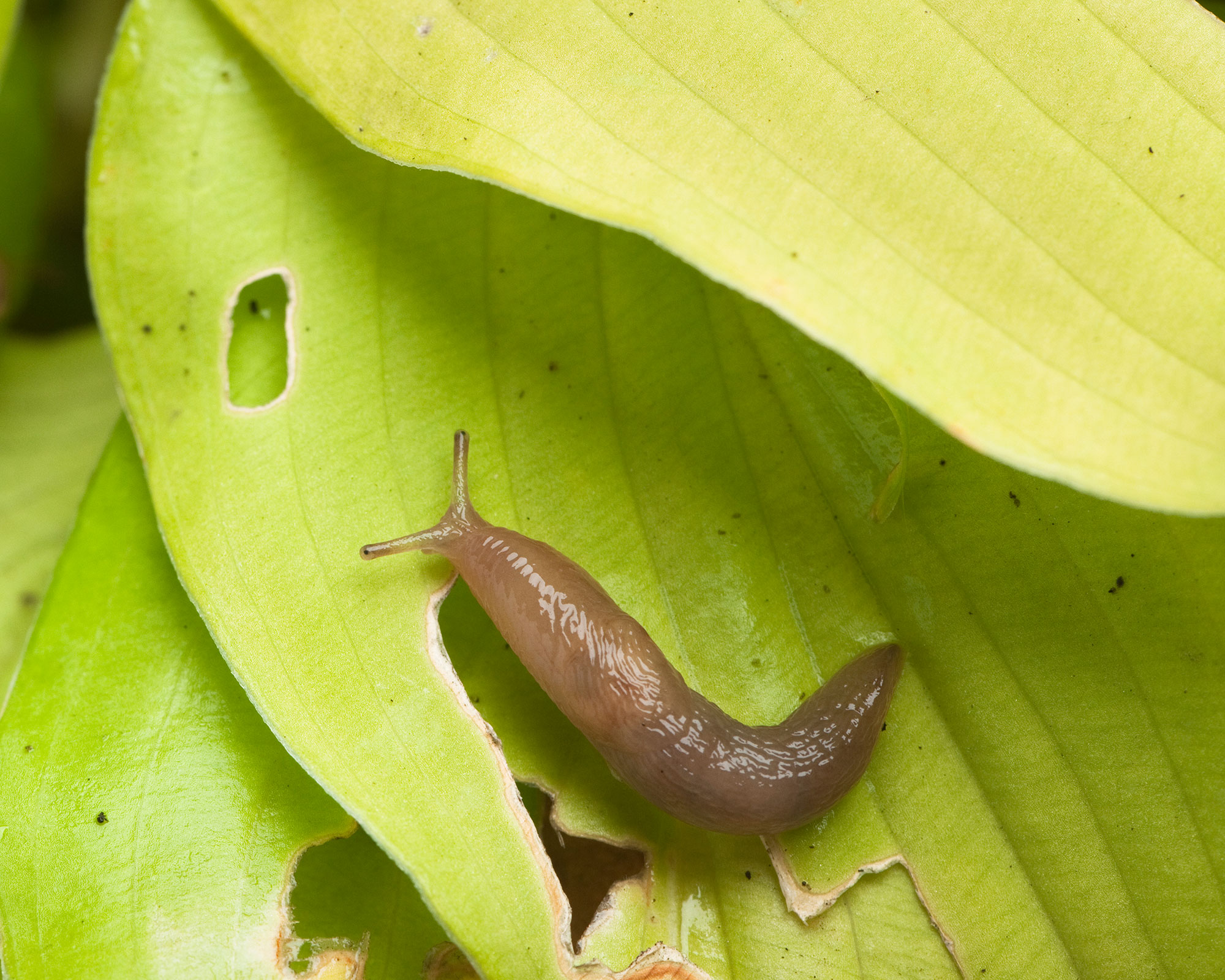Scientists reveal that the drought has killed off garden slugs this summer
Experts are finding that this summer’s drought conditions have one positive side effect – fewer slugs munching our garden plants and crops


Plants have suffered and shrivelled and lawns turned to dust, and now scientists are reporting that the extreme heat and lack of rain this summer is also leading to a decline in the population of slugs.
This discovery will obviously be music to your ears if you're always on the lookout for how to get rid of slugs in the garden, but it might not be such good news as you think as slugs can play a vital role in the overall biodiversity of your plot.

Why are slug numbers reduced?
'Slugs and snails will have suffered greatly this summer,' says Paul Hetherington, director at Buglife, an organisation devoted to the conservation of invertebrates.
'When it’s really hot, slugs go deep down into the ground, and snails go into hibernation, similar to the way they do over winter. But this prolonged heat and baking of the ground is likely to have killed an awful lot of them.'
Although slugs have a bad reputation, in the UK at least, only nine of the 44 recognised species actually eat garden plants, according to the RHS, which no longer classes slugs as pests.
'The majority are very beneficial in the garden because they break down dead plant matter and turn it back into compost,' says Paul. 'There’s also the knock-on effect on things that eat slugs and snails: song thrushes, amphibians, hedgehogs – all of these creatures are in decline at the moment.'

Searching for slugs
Dr Hayley Jones, senior entomologist at the RHS, has been conducting research into slug numbers this summer.
She says: 'We were searching for slugs in July and August as part of a RHS summer studentship project and found them hard to find over this period. They reappeared in late August once the rain came, as slugs are generally very resilient. However, we would expect that the protracted drought means fewer individuals survived the summer, so numbers will be reduced.'

Slugs sort out the soil
This reduction in numbers might well make you relieved for the fate of crops in your kitchen garden. 'We know that slugs will eat away any foliage, especially tender leaves and stems of seedlings,' says Vera Kutsenko, founder and CEO at plant nursery Neverland. 'If you have slugs, they will take bites randomly at vegetables in your garden, such as strawberries,'
'But on the other hand, slugs may also break down garden debris into nitrogen-rich fertilizer, and that has got to be good for any garden.'
Once slug numbers start to increase again after this summer's drought, adding slug repellent plants to your beds and borders can be a great way to ensure they don't chew their way through all of your precious blooms.

Jayne Dowle is an award-winning gardening, homes and property writer who writes for publications including Sunday Times Home, Times Bricks & Mortar, Grand Designs, House Beautiful and The Spectator. She was awarded the Garden Journalist of the Year accolade at the Property Press Awards in 2021.
